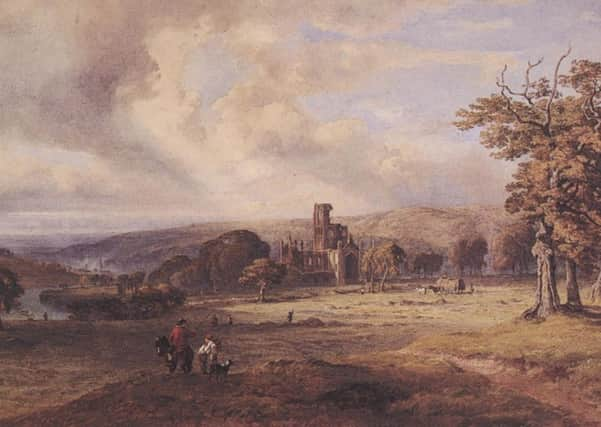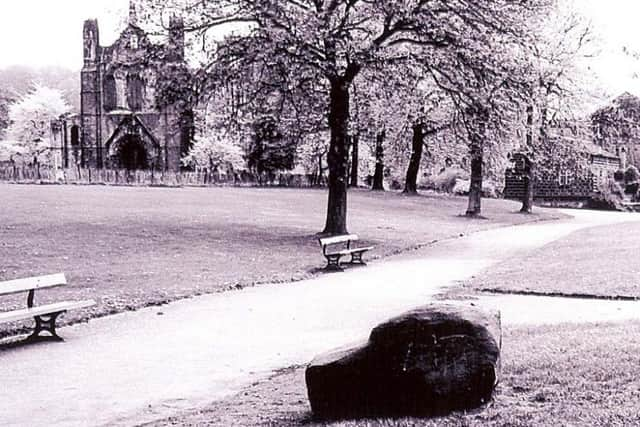Leeds nostalgia: The tale of Mary, Maid of the Inn, from Kirkstall


Robert Southey penned this poem in 1796:-
Her cheerful address fill’d the guests with delight; As she welcomed them in with a smile; Her heart was a stranger to childish affright. And Mary would walk by the Abbey at night.
When the wind whistled down the dark aisle; She loved, and young Richard had settled the day; And she hoped to be happy for life.
Advertisement
Hide AdAdvertisement
Hide Ad

But Richard was idle and worthless, and they; Who knew him would pity poor Mary, and say ; That she was too good for his wife.
The ‘inn’ where Mary worked in the legend may have referred to the Star and Garter – the long-ago important coaching inn in Kirkstall – or it may have been referring to the Hark to Rover Inn – still there but now part of the Hark to Rover cottages at the top of Abbey Walk.
Whichever it was, she was indeed too good for him. Two guests had bet each other a dinner that Mary would not dare venture into the Abbey on such a night; and she was to bring back a bough from the ruins as proof.
You might say that she won the challenge but lost her lover. The poem goes on:
Advertisement
Hide AdAdvertisement
Hide Ad

All around her was silent, save when the rude blast; Howl’d dismally round the old pile; Over weed-cover’d fragments she fearlessly pass’d.
And arrived at the innermost ruin at last; Where the elder-tree grew in the aisle.’ And now, Richard, with his murderous accomplice, was to appear in the dark in, as it were, his true light.
‘Well pleased did she reach [the ruin], and quickly drew near.
And hastily gather’d the bough; When the sound of a voice seem’d to rise on her ear,
Advertisement
Hide AdAdvertisement
Hide AdShe paused, and she listen’d intently, in fear; And her heart panted painfully now. Behind a wide column half breathless with fear.
She crept to conceal herself there: that instant the moon o’er a dark cloud shone clear.
And she saw in the moonlight two ruffians appear; And between them a corpse did they bear.
Then Mary could feel her heart-blood curdle cold; Again the rough wind hurried by. It blew off the hat of the one, and behold.
Advertisement
Hide AdAdvertisement
Hide AdEven close to the feet of poor Mary it roll’d; She felt, and expected to die.
“Curse the hat!” he exclaims; “Nay, come on till we hide
“The dead body,” his comrade replies.
She beholds them in safety pass on by her side; She seizes the hat, fear her courage supplied; And fast through the Abbey she flies.
Back at the inn, Mary recognised the hat, with his name in it, as Richard, her lover’s.
Richard did not escape the high punishment of the day. But poor Mary, stricken by grief and the fright, lost her wits forever.
Where the old Abbey stands, on the common hard by,
His gibbet is now to be seen;
His irons you still from the road may espy;
The traveller beholds them, and thinks with a sigh
Of poor Mary, the Maid of the Inn.